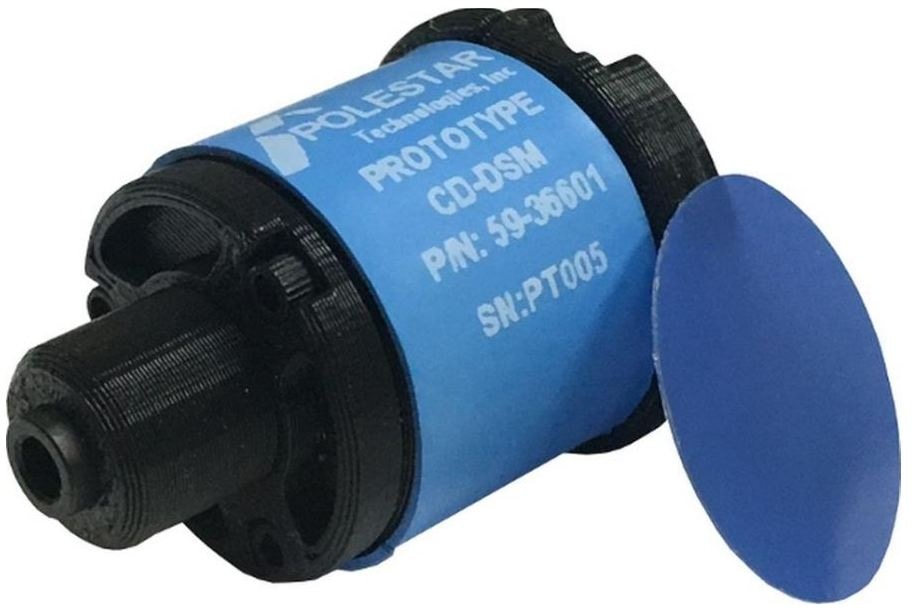Mar 13 2017
A rebreather product that could be used by recreational divers and emergency personnel to recognize carbon dioxide levels is the result of a collaboration between Spencer-based FLEXcon Co. Inc. and Polestar Technologies, of Needham.
 A rebreather product was built in a collaboration between FLEXcon Co. Inc. in Spencer and Polestar Technologies, Needham. (Credit: FLEXcon)
A rebreather product was built in a collaboration between FLEXcon Co. Inc. in Spencer and Polestar Technologies, Needham. (Credit: FLEXcon)
FLEXcon, which specializes in adhesive coating and laminating, teamed up with Polestar Technologies in Needham Heights to manufacture optical sensor technology for use with life support systems, such as mixed gas rebreathers.
Polestar, whose specialties include high tech sensors and monitoring equipment, held intellectual property for the carbon dioxide sensing composite that needed to be coated onto a pressure sensitive product, according to Shaun McDonough, FLEXcon's market development specialist.
The two companies had actually talked about combining forces on a different sensor back in 2014, but shifted gears about 18 months into that process.
"They realized FLEXcon's value in customizing a product for them and pivoted," in a new direction, Mr. McDonough said, of Polestar. "Our partners are the brains, and we're the brawn." FLEXcon's coated and laminated films and adhesives are used in graphic, advertising and prime label markets, as well as aerospace, industrial, medical and automotive fields.
The rebreather is a quarter-sized disc of polymer film. The particular rebreather has the Polestar optical sensor implanted into the device by FLEXcon. The film changes color, from blue to yellow, when exposed to carbon dioxide.
A white LED light illuminates the disc from a sealed pot below. Then a digital meter reads the color, which is converted to show the carbon dioxide level.
Mr. McDonough said that the primary application for the product would be in recreational and commercial diving. Consumers might see it as a component of scuba diving gear.
He added that potential exists for a carbon dioxide sensor required for first responders or firefighters.
"This (product) proves that FLEXcon can coat this type of sensing material to create a unique ability that lends itself to bioengineering fields in the future," Mr. McDonough said. "It is indicative of the company's ability to work with technology companies and see things from lab bench and technology to actualized product.
"It highlights the innovative minds we have here," he added. "We're always trying to find ways to use our capabilities to address the needs of the future."
From Polestar's perspective, what FLEXcon brought to the table was its ability to manufacture the item.
"The team worked with us every step of the way to translate our technology from a lab scale to a repeatable manufacturing process," said Polestar's COO Jim Biagioni, in a press release.